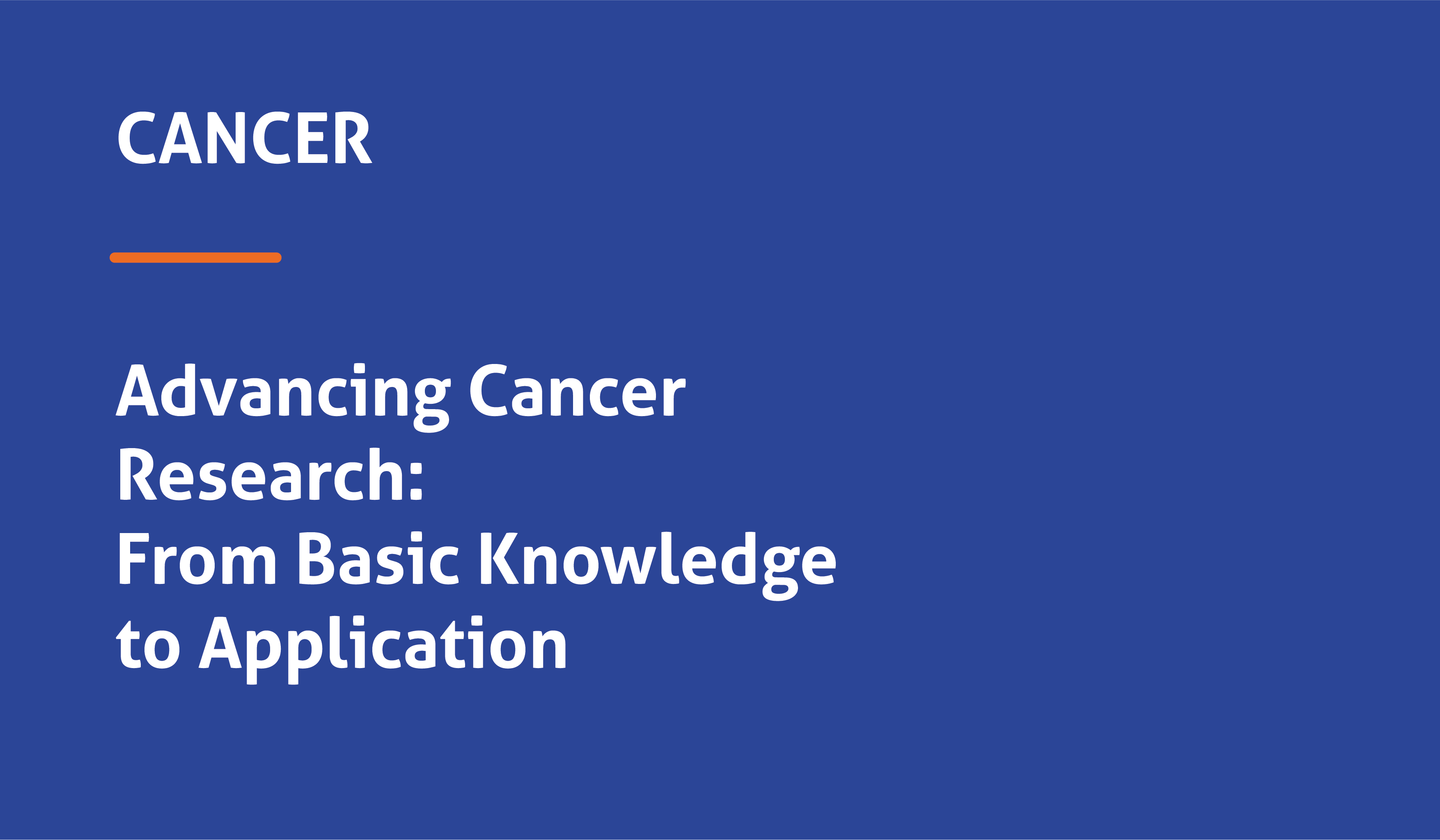Project Description
CANCER
Financed with almost 7.5 million euros by N2020, the CANCER project – Advancing Cancer Research: From Basic Knowledge to Application, is a five lines research project in the field of cancer that involves researchers from four institutions: CINTESIS (with a budget of € 300,000), INL, IBMC-i3S and Ipatimup-i3S (coordinatinator).
The research lines are: identification of new therapeutic targets; knowledge of tumors and determinants of metastasis; development of biomarkers for diagnosis; prognosis and optimization of therapy; and the creation of platforms for the early detection and monitoring of disease progression.
Following a multidisciplinary and an interdisciplinary approach, the project aims to promote the translation of basic research into clinical practice in Oncology, hoping to contribute to the improvement of the approach to this major public health problem with patient-oriented strategies, better diagnoses and personalized therapies.
Abstract
The mission of the CANCER structured Program is to create a platform of integrated competences that promotes translation of basic research to clinical application in the area of oncology. The strategy for development of this program relies on building & conceptual scientific and technologic platform, where integration between basic and applied research is fostered. The CANCER Program will also rely on our well-established collaborations with the pharmaceutical and in vitro diagnostics industry to boost the Iikelihood of creating economic value, hence complying with the smart specialization RIS3 strategy for Norte Portugal.
Numerous researchers from four institutions – Ipatimup/i3S, IBMC/i3S, INL and CINTESIS – under the co-ordination of Ipatimup/i3S, are involved in this program with five research lines in co-promotion:
- Novel therapeutic targets and models for cancer;
- Dynamics of intra-tumor heterogeneity;
- Determinants of cell invasion and metastization in cancer;
- Innovative biomarkers for cancer diagnosis, prognosis and therapy optimization;
- Microsystem platforms for early cancer diagnosis & disease progression monitoring.
These topics constitute areas of excellence of the present partnership and all of them already involve collaboration between the participating institutions as can be appreciated in the composition of the teams.
More importantly, these topics concur with clinical application and fulfill our ultimate goal of performing high standard translational research in cancer to contribute to the development of new tools for prevention, early diagnosis, and treatment of cancer patients, monitoring of disease progression and overcoming resistance to cancer therapy.
The CANCER Program represents an unparalleled opportunity to concentrate human resources and knowledge in crucial topics devoted to a major health problem – cancer. This multidisciplinary and interdisciplinary Program integrates hard-core mechanistic cell and molecular biology, clinical and population genetics, pathology, pharmacology, endocrinology, bioinforrnatics, nanomedicine and bioengineering with clinical cancer research. Our research groups use state-of-the-art technology and experimental approaches. Basic research is headed by reputable researchers in their respective fields, and stands on the discovery and functional characterization of fundamental molecular mechanisms that regulate cell division and genomic stability, cell survival and cell death, gene expression, cell-to-cell communication and recognition, cell-matrix interactions, tissue organization and remodeling, as well as in dissecting the important contribution of metabolic features in carcinogenesis. Additionally, we study dynamic processes, genetic selection and genetic recombination, which underlie the variability and plasticity of cancer cell populations. Gastric and thyroid cancers play a keystone role in our research strategy, even though our research groups use several other cancers as study models. These disease models provide us with a very successful research niche, for which we are internationally recognized as top authorities.
The resulting synergies between the different participating groups are essential to help accomplishing the strategic objectives of this Program and hopefully to provide insight on how cancer arises and progresses, contributing to establish new protocols of surveillance and conduct clinical trials in collaboration with clinical centers and industry. This integrated approach puts the present Program at the forefront of research in cancer and will hopefully contribute to improve patient-oriented strategies, through more effective and better diagnostic and surveillance methods, and personalized therapy.
Funding Institution
N2020
Global Budget
7 449 876,00 €
CINTESIS Budget
300 004,00 €
CINTESIS researchers involved
Goreti Sales, Felismina Moreira, Lúcia Brandão
Latest update: 31 December 2017

